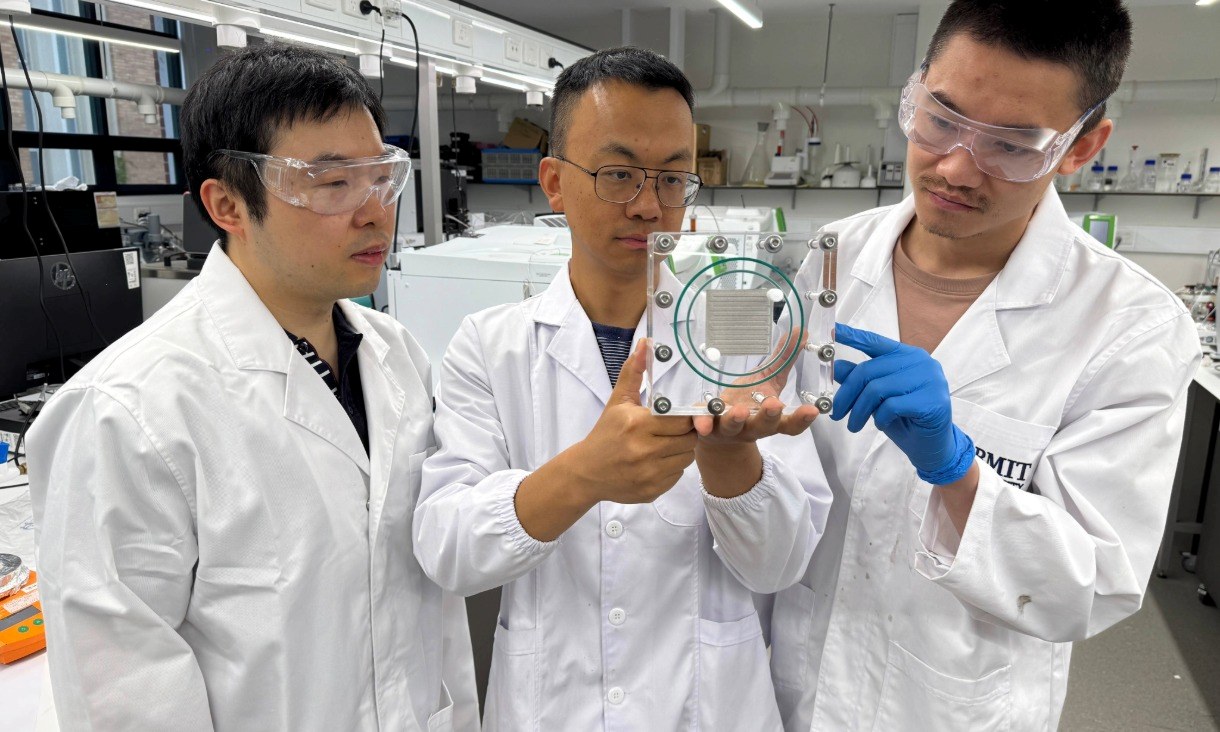Topics: Google, artificial intelligence (AI), search engines, history of search, access to information
Excerpt taken from the researchers’ The Conversation article, Google turns 25: the search engine revolutionised how we access information, but will it survive AI?
“After launching on September 4 1998, the Google revolution was in motion. People loved the simplicity of the search box.
“Google’s popularity quickly surpassed competitors such as AltaVista and Yahoo Search. With more than 85% of the market share today, it remains the most popular search engine.
“With the rise in AI tools, including Google’s Bard and the recently announced Gemini (a direct competitor to ChatGPT), Google is set to revolutionise search once again.
“As Google continues to roll generative AI capabilities into Search, it will become common to read a quick information summary at the top of the results page, rather than dig for information yourself.
“A key challenge then will be ensuring people don’t become complacent to the point that they blindly trust the generated information. After all, we have seen generative AI tools such as ChatGPT make headlines due to ‘hallucinations’ and misinformation.
“Moreover, even if AI tools revolutionise search, they may fail to revolutionise access. As the AI industry grows, we’re seeing a shift towards content only being accessible for a fee, or through paid subscriptions.
“The rise of AI provides an opportunity to revisit the tensions between public access and increasingly powerful commercial entities.”
Experts
Professor Mark Sanderson
Dean, Research and Innovation, Schools of Engineering and of Computing Technologies
Professor Mark Sanderson’s research covers search engines, usability, data and text analytics. He is also a Chief Investigator at the RMIT University node of the ARC Centre of Excellence for Automated Decision-Making & Society (ADM+S).
Professor Lisa Given
Director, Social Change Enabling Impact Platform and Professor of Information Sciences
Professor Lisa Given is an interdisciplinary researcher in human information behaviour. Her work brings a critical, social research lens to studies of technology use and user-focused design.
Media enquiries: RMIT Communications, 0439 704 077 or news@rmit.edu.au







